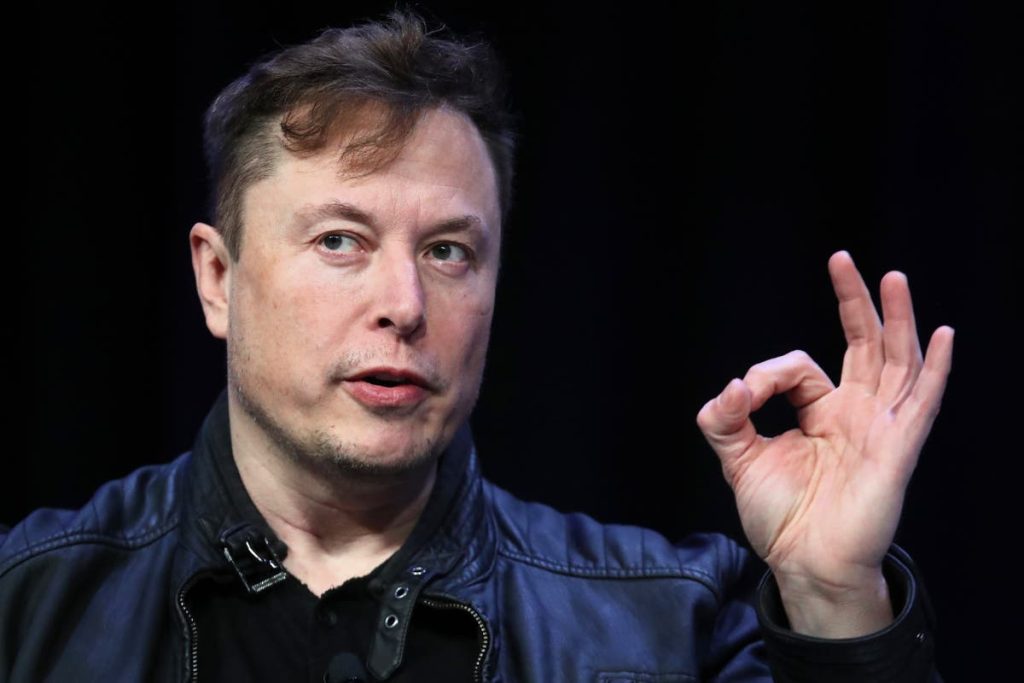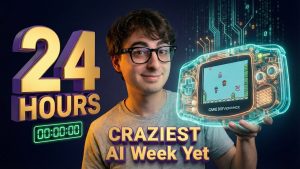Elon Musk’s iPhone Ban and Its Bigger Implications

Elon Musk recently ignited a fiery debate by announcing a potential ban on Apple devices at his companies—SpaceX, Tesla, Neuralink, and others. This move came after Apple revealed a partnership with ChatGPT creator, OpenAI, to incorporate advanced AI features into its devices. Musk openly criticized this collaboration, calling it an “unacceptable security violation,” and insisted that visitors store their Apple gadgets in Faraday cages.
Despite Apple’s assurances that data processed through ChatGPT would be secure, Musk remained unconvinced. He took to X (formerly Twitter) to express his concerns, leading to his posts being flagged for misinformation by his own platform. This conflict brings to the forefront critical questions about digital privacy, AI integration, and corporate responsibility, showcasing the ever-evolving landscape of tech and its ethical dimensions.
Elon Musk’s Announcement
Elon Musk recently made headlines by threatening to ban Apple devices from his companies: SpaceX, Tesla, Neuralink, and others. This announcement came after Apple revealed a partnership with ChatGPT creator, OpenAI, to integrate AI features into its devices. Musk described this partnership as an “unacceptable security violation” and stated that visitors would need to store their Apple devices in Faraday cages.
Unveiling at Apple’s Worldwide Developers Conference
The controversy started at Apple’s Worldwide Developers Conference (WWDC) in California, where Apple unveiled new AI features, dubbed “Apple Intelligence.” Among these enhancements was an update to Siri that integrates ChatGPT, offering more advanced query handling. Apple emphasized that these features would include robust privacy protections and user consent options.
[twitter-embed-display twitter_url=’https://twitter.com/elonmusk/status/1800266437677768765′]
Privacy Concerns Highlighted
Apple assured that all data processed through ChatGPT would have strong privacy measures. They would obscure IP addresses and prevent OpenAI from storing user requests. Apple promoted these measures as setting a new standard for privacy in AI. OpenAI confirmed these protections, noting that no user data would be stored and that privacy would be a priority.
Musk’s Reaction on Social Media
Despite assurances, Elon Musk expressed enormous concern over the collaboration. He took to X (formerly Twitter) where he posted, “Apple using the words ‘protect your privacy’ while handing your data over to a third-party AI that they don’t understand and can’t themselves create is *not* protecting privacy at all.” His posts were flagged for misrepresenting the actual announcements made by Apple.
Fact-Check by Musk’s Company
Interestingly, Musk’s own social media platform, X, flagged his posts for misinformation. The platform clarified that Apple’s new features do not comprise privacy, emphasizing that the integration of ChatGPT is entirely user-controlled and does not share data without explicit permission. This fact-check was a notable aspect of the unfolding saga.
Dialogue with Tech Community
Elon Musk’s posts sparked both support and criticism from the tech community. Popular YouTuber Marques Brownlee weighed in, mentioning he spoke with Apple CEO Tim Cook, who confirmed that no data would be shared without explicit user consent. Musk, however, remained skeptical, fueling the debate with further comments and memes.
Hints at Developing a New Phone
In one of his posts, Musk hinted at the possibility of developing his own phone. He suggested partnering with Samsung to manufacture a privacy-focused “X phone.” This idea added another layer to the ongoing discussions, indicating Musk’s relentless pursuit of what he perceives as ultimate privacy and security for users.
Public Reaction
Public opinion on Musk’s statements was divided. Some supported Musk’s stand on stringent privacy measures, while others believed Apple’s reassurances were sufficient. The discussion highlighted the ongoing discourse about privacy in the tech community, making it clear that opinions are varied and conversations are far from over.
Apple’s Stand on Privacy
Apple has consistently positioned itself as a leader in digital privacy. They reiterated that their new AI features, including those involving ChatGPT, would not violate user privacy. They highlighted that independent experts would continually review their code to ensure compliance with these claims.
Ongoing Debate
The debate between Musk and the tech giants like Apple and OpenAI brings attention to the broader issue of digital privacy. It underscores the complexity and importance of protecting user data in a world increasingly reliant on AI. Whether Musk’s stance will result in any significant changes remains to be seen.
Elon Musk’s bold stance on banning Apple devices from his companies has ignited substantial discourse on digital privacy and AI integration. His unwavering skepticism, even in the face of Apple’s privacy assurances, underscores the complexity of these issues.
As the dialogue continues, it is clear that Musk’s perspective has raised important questions. The tech community remains divided, but one thing is certain: the debate over privacy in the age of AI is far from settled. Only time will tell how these controversies will shape the future of technology and user privacy.





